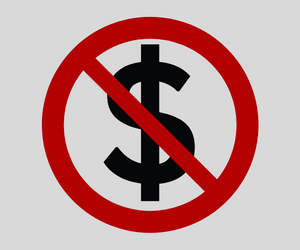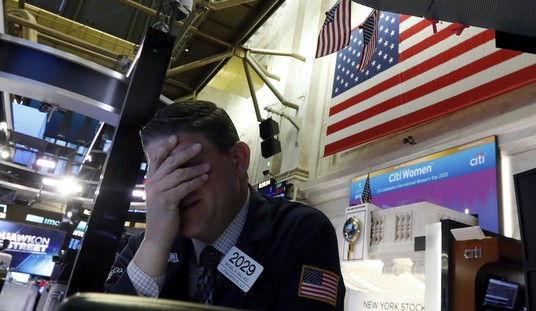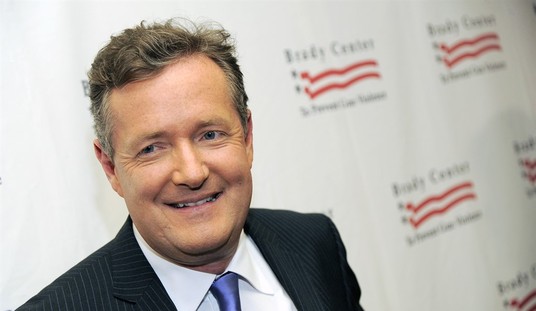UK Prime Minister David Cameron recently announced sentences of up to three years in prison for anyone possessing porn depicting simulated rape. This is all part of an all-out British assault on internet pornography, which includes forcing all new customers of Britain’s two major internet service to choose whether they want all pornographic sites blocked.
In addition, Cameron’s government recently began stringent enforcement of the U.K.’s Communications Act, leading to the shutdown of JessicaPressley.com until the site owners do more to keep photos and videos out of children’s reach. Already, some in the US are pushing for similar speech restrictions. A petition onwhitehouse.gov would require Internet subscribers to opt in to be able to view porn.
The laws are aimed at preventing violence against women and protecting children from running across pornography. While many people reasonably find depictions of rape disgusting, unfortunately porn bans only work to allow governments to continue to ignore the real sources of violence against women while restricting citizens’ right to free speech.
Before censoring rape porn, it might be wise to first establish that it poses any threat to women’s safety. Looking at the data reveals that defenders of the ban will have a hard time doing so. As Alexander Abad-Santos points out in the Atlantic Wire, “The connection between actual real-life violence and porn is blurry at best — India, which bans all forms of porn, has been in the news thanks to a rash of brutal rapes. Meanwhile, in the United States the incidence of rape declined 85 percent over a period of 25 years while access to pornography has increased.” Reason has also reported that where porn becomes more accessible, rates of violence against women fall.
Perhaps we can make a connection between people with rape fantasies and those who go on to commit rapes. Surely there’s a clear connection. Again, the data does not make a good case for would-be censors. Four in 10 women admitted having rape fantasies in nine surveys conducted from 1973 through 2008. It’s doubtful that a significant percentage of them are rapists.
Recommended
As the United States contemplates restrictions on internet porn, this may be a good time to evaluate other tactics for protecting American women from sexual assault. First, it’s interesting to note that the sentence for owning rape porn in the UK is exactly the same as the average sentence for actual sexual assault in the United States.
Here’s a partial list of crimes which will get you more prison time in the US than violently raping another human being: stealing mail, selling the wrong kind of orchid, driving through New York with a shotgun shell casing, money laundering and owning illegal substances.
And that’s if rapists are charged. Public universities across the United States have policies in place encouraging rape victims not to contact police but instead rely on peer tribunals which often humiliate victims while giving perpetrators slaps on the wrist in order to protect schools’ reputations. Unfortunately, this isn’t just a problem at the college level, as the Steubenville, Ohio and Maryville, Missouri cases demonstrate. That stories of high school girls’ rapes and coverups by authorities required, respectively, one diligent blogger who was then joined by Anonymous in one case and the victim’s house being burned down in the other to make national news indicates that these are not isolated incidents.
In a small discussion group on the campus of American University, I heard a chilling story of a police officer showing up along with an ambulance to take a rape victim to be treated and to gather evidence against her assailant. The officer repeatedly yelled at the victim, saying, “What did you do wrong?” He then, presumably interested in avoiding another case to investigate, told the paramedic in front of the crying victim and her friend not to take her to the hospital because he didn’t believe she’d been raped. Firing officers who actively inhibit victims’ ability to pursue justice will do far more to decrease instances of rape than a porn ban.
Another way to combat rape that doesn’t require censoring depictions of a common fantasy is to end the massive backlog of untested rape kits expiring by the thousands in police departments across the country.
Spiked Online interviewed former American Civil Liberties Union president Nadine Strossen. She stressed how porn-related speech restrictions “let violent men off the hook and treat women as wimps who need to be protected from certain words and imagery.”
As a feminist, I vehemently disagree with the idea that women are sex objects, that women should be raped, that women should be discriminated against or treated unfavourably in any way. And yet, to paraphrase Voltaire, I would defend to the death your right to say any of those things, and to say them explicitly, and to say them using sexual language.
Whether we find it disgusting, titillating, or a bit of both, banning rape porn threatens women’s (and men’s) right to speech far more than allowing it threatens their safety. Doomed-to-fail efforts to suppress porn may be more politically popular than increasing sentences for actual rapists. And holding schools and law enforcement accountable for collecting evidence, actually testing rape kits, arresting offenders is no easy task. But we can’t let speech-squelching laws allow politicians to pretend do something about sexual violence while real, important reforms languish.



























Join the conversation as a VIP Member